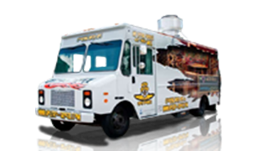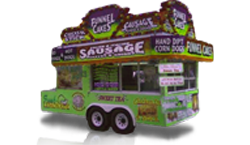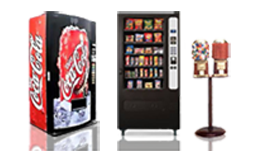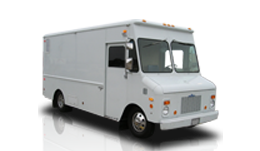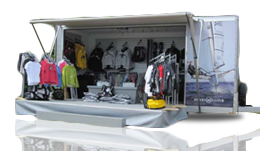How Can Food Trucks Sell Alcohol? (A Must-Read for Operators)
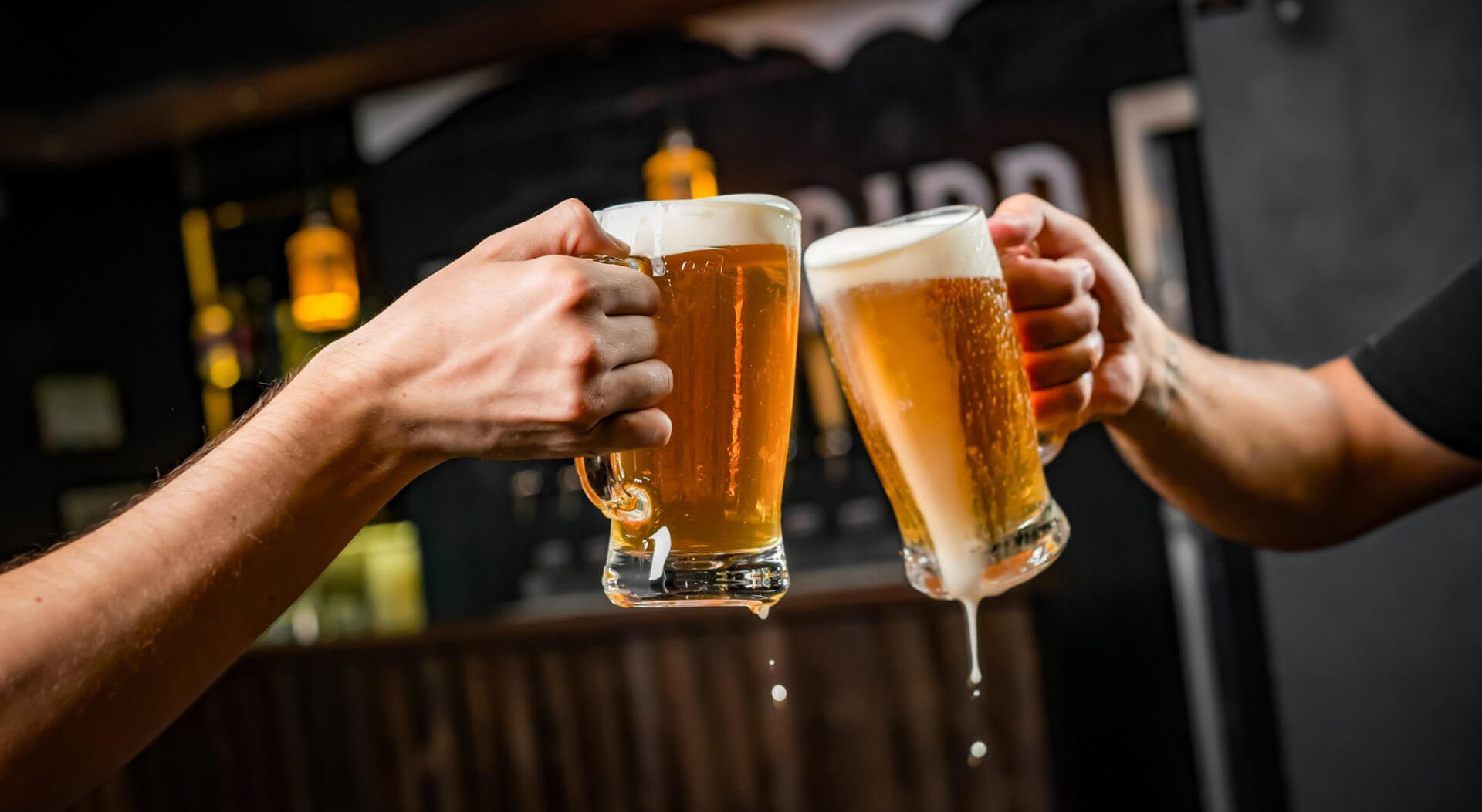
Kelly Morales is the owner of Beehive Taphouse. It is a mobile bar in a food cart park located in Salem Oregon. Just last year, between March and April, he sold 1,880 pints and 860 quarts of craft beer. His mobile truck instantly became the “new cool place” in town after brick-and-mortar bars and breweries had closed.
Food trucks and mobile bars have been breakaway stars in this new era of dining. Food truck operators can serve gourmet cuisines at affordable prices right in front of their target customer’s location. Mobile bars have different restrictions as they are bound by local alcohol laws that vary per state. The question now is: how can food trucks sell alcohol? Here’s a must-read for operators!
What’s Inside
The United States Alcohol Laws and Regulations
The National Minimum Drinking Age Act was enacted on July 17, 1984. This US alcohol regulation prohibits drinking and possessing alcohol for people below 21 years old. Although, in some states, there are special cases to consider to allow drinking of alcohol for those under the legal drinking age. These exemptions include:
- Educational Purposes
- Law Enforcement Purposes
- Lawful Employment
- Medical Reasons
- Parental, Guardian, or Spousal Consent
- Religious Activities
In 1933, the 21st Amendment of the United States Constitution was passed and ratified. It is the major federal law that governs the distribution, importation, possession, sale, and use of alcoholic beverages. Some of the basic information about this alcohol law are:
- An alcoholic beverage is defined as containing 0.05% of alcohol. These may include beer, distilled spirits, liquor, and wine. Distilled spirits may be in the form of gin, rum, scotch, tequila, vodka, whiskey, and the likes.
- The national Blood Alcohol Concentration (BAC) limit for someone driving a motor vehicle is .08.
- The amendment allows individual states to control the distribution, importation, possession, and sale of alcohol.
Generally, food trucks are not permitted to sell or store alcoholic beverages. But since some food and snacks go well with alcohol, some US states allow food trucks to sell alcohol under certain special circumstances.
Basic Business Requirements to Sell Alcohol
The basic requirements for a business to be granted a license to sell alcohol are:
- A legal description of the business
- A permanent address where the product will be sold. The physical location should not be close to a church or school.
- The neighborhood’s approval to grant a license for selling alcohol (City Permit)
Because food trucks are mobile in nature, they technically don’t qualify for a license to sell alcohol. Except if they are parked in a permanent location. Recently, some US States have loosened their tight grip over the alcohol laws and regulations. California, Florida, New York, and Oregon allow food trucks to get special and temporary permits for selling alcohol.
How Can Your Food Truck Business Sell Alcohol?
The United States strictly enforces the alcohol laws and regulations stated in the 21st Amendment of the US Constitution. But that doesn’t mean that food trucks cannot totally sell alcoholic beverages or drinks. There are several ways they can do so. Here’s how!
Bars and Breweries Partnership
Most bars and breweries are now having food truck nights. Others allow a static location near them for a food truck to operate. Partnering with these bars and breweries gives food truck operators the option to get an extended license to sell alcohol within the premises.
Off-Premise License
Some states allow the selling of beer, wine, or liquor if the food truck has a permanent location. These off-premise licenses can be given all year round. With an off-premise license, a food truck operator needs to set up a cordoned off “patio” for alcohol patrons. It is the place where they could stay to consume the beverage. Most off-premise licenses to sell alcohol are allowed among food truck lots with joint bars.
Special Events License
Special events are occasions that allow the attendance of the general public. These may include conferences, cultural gatherings, exhibits, fairs, festivals, etc. Food trucks can participate in these types of events and can get a special event license to sell alcohol within a private or public property. In this scenario, the special event permittee will buy alcoholic beverages from a licensed alcohol distributor. The permittee will then allow the food truck to sell the alcohol during the event. After the event is finished, any leftover alcoholic beverages will be surrendered to the permittee.
Temporary License for Catering Events
A food truck may get a temporary license to sell alcohol during a catering event for birthdays, reunions, weddings, etc. Typically, they are limited to serving beer and wines. There are two options for food trucks to get a temporary license to sell alcohol during a catering event. The first one is to partner with a local caterer to establish the legal description of your business. The second one is to be a food truck catering service business. Read our article on How to Start a Food Truck Catering Business.
The Bottom Line
Keep in mind that the selling of alcoholic beverages in the US is heavily regulated. Every US state strictly requires the correct documentation, licenses, and permits for a business to sell alcohol legally. Any time a food truck will be selling alcohol, it is highly recommended to consult a commercial insurance agent or company. This is to inquire and learn the additional insurance coverage needed when serving alcohol. If an attendee or a patron over-consumes alcohol and causes damage or injury to someone, the US law can hold everyone in the event or premise liable. Typically, a dram shop or liquor liability coverage can fill this gap of general liability insurance when serving alcohol.
We hope this article answered the questions you have in mind. If you need help with starting a mobile business and buying food trucks, contact us on (601) 749-8424.


